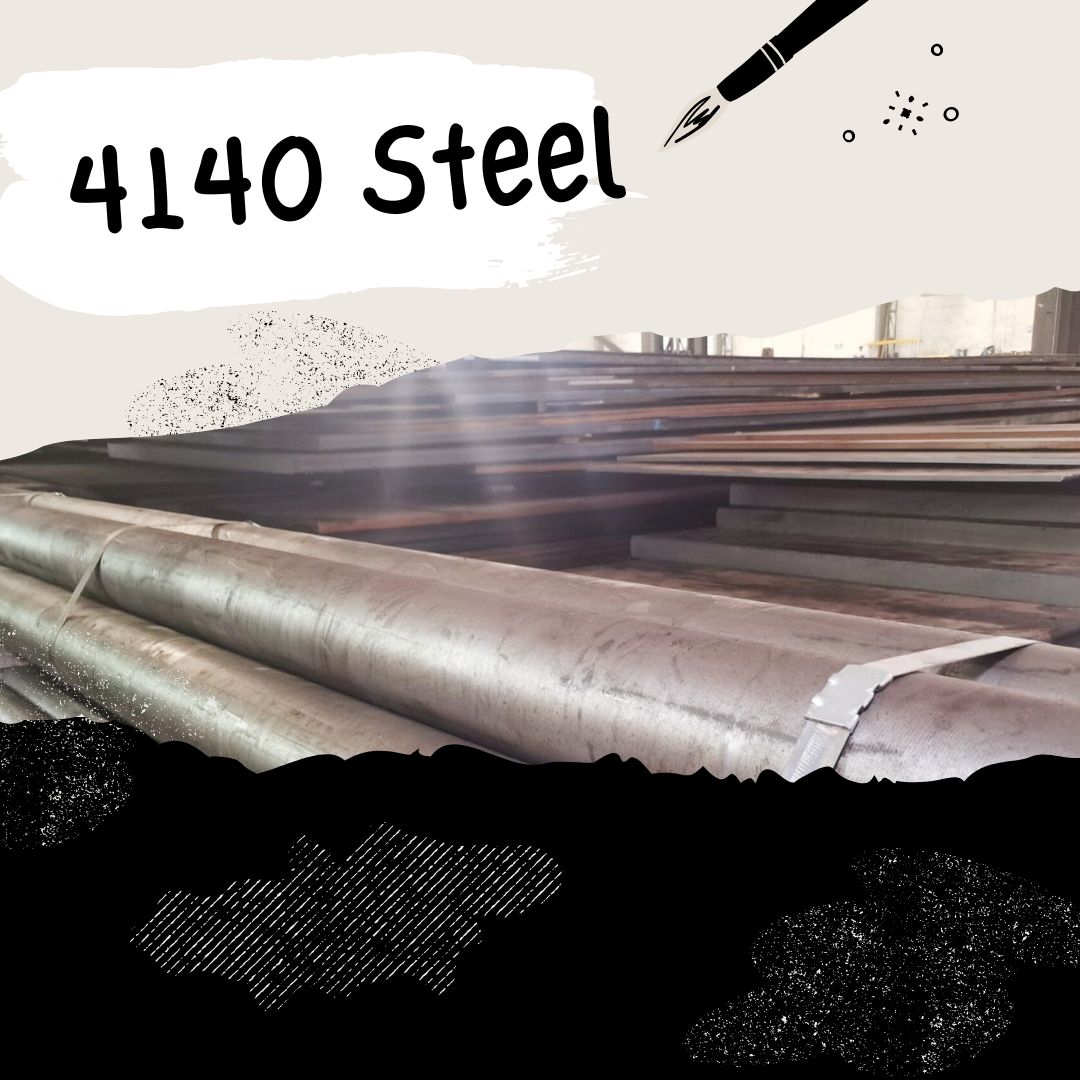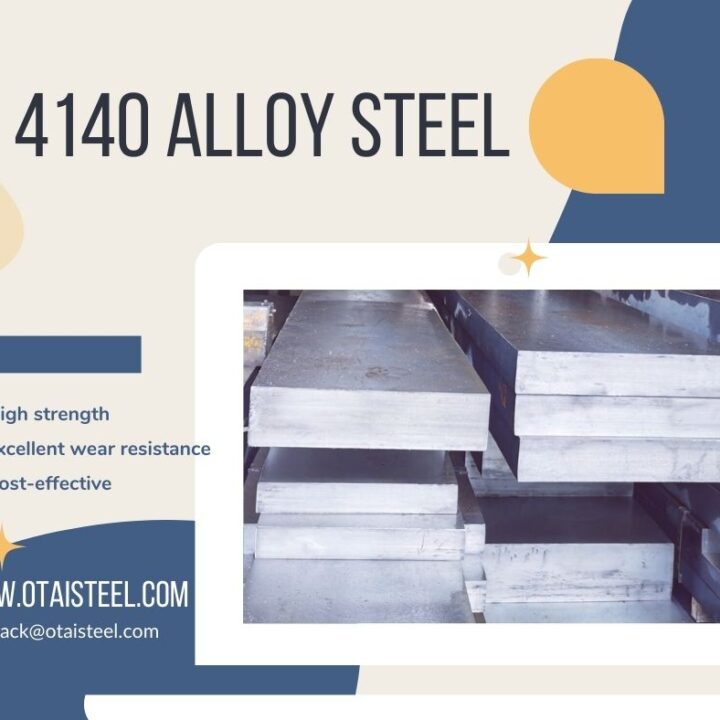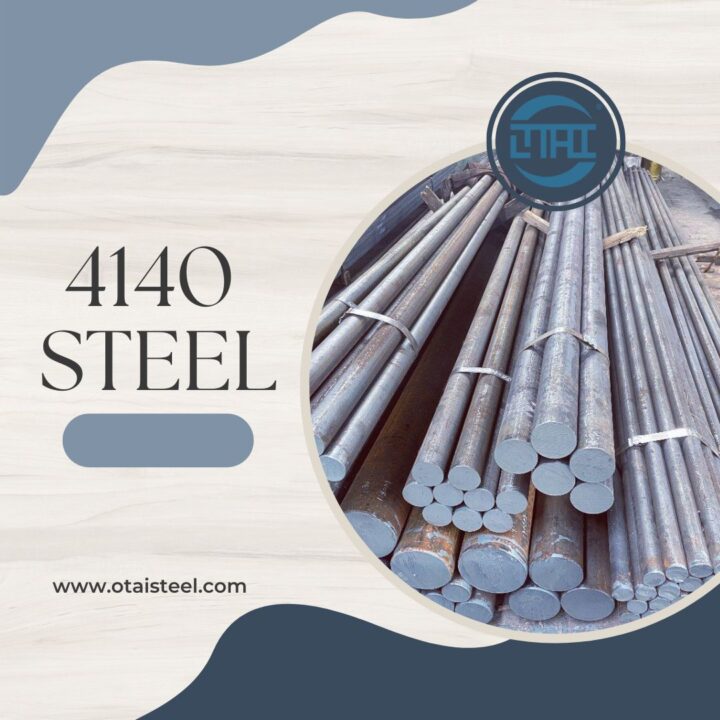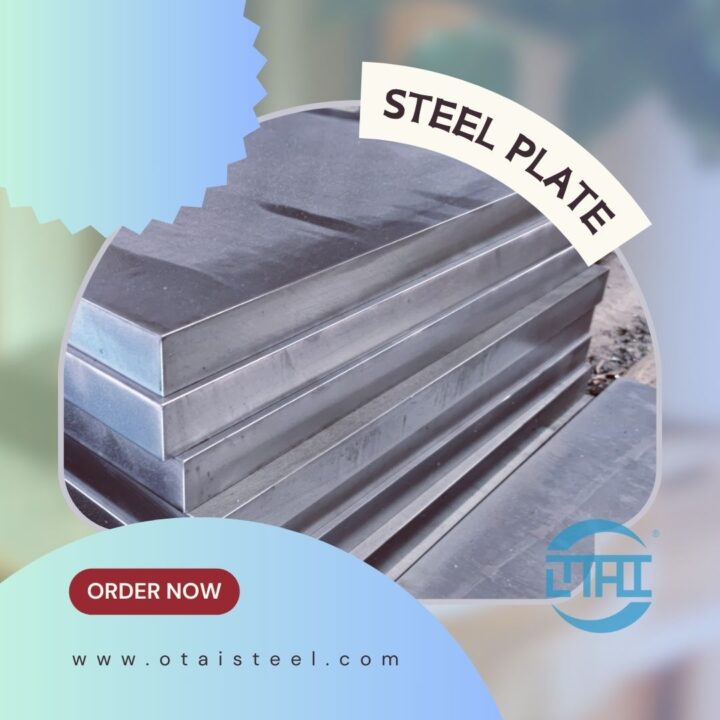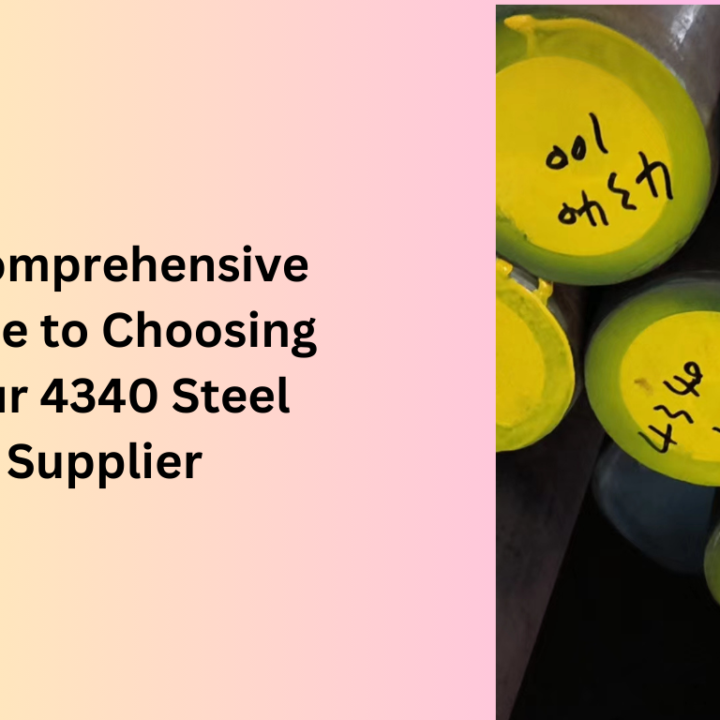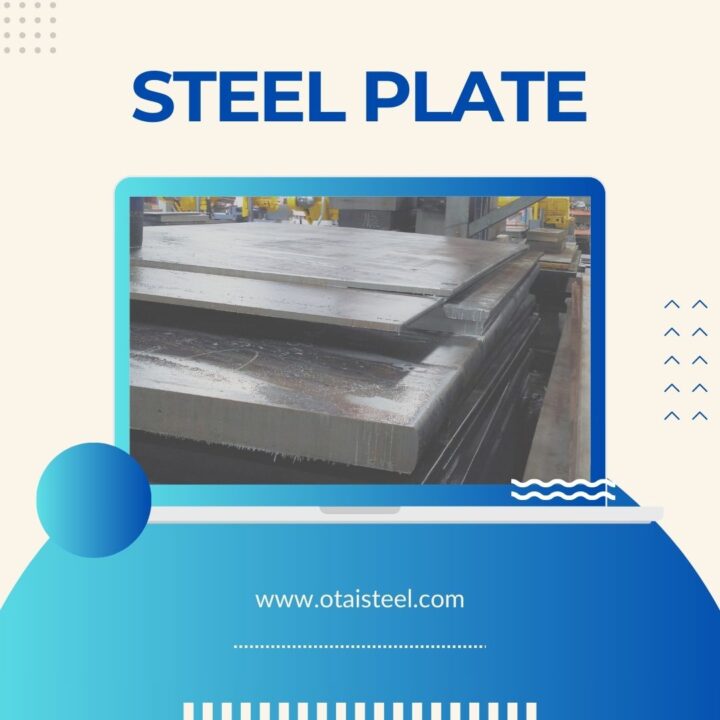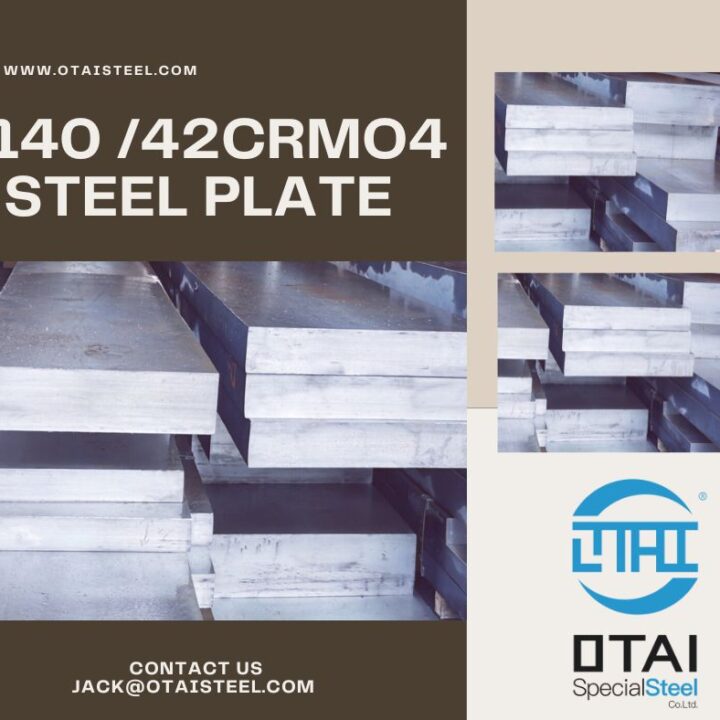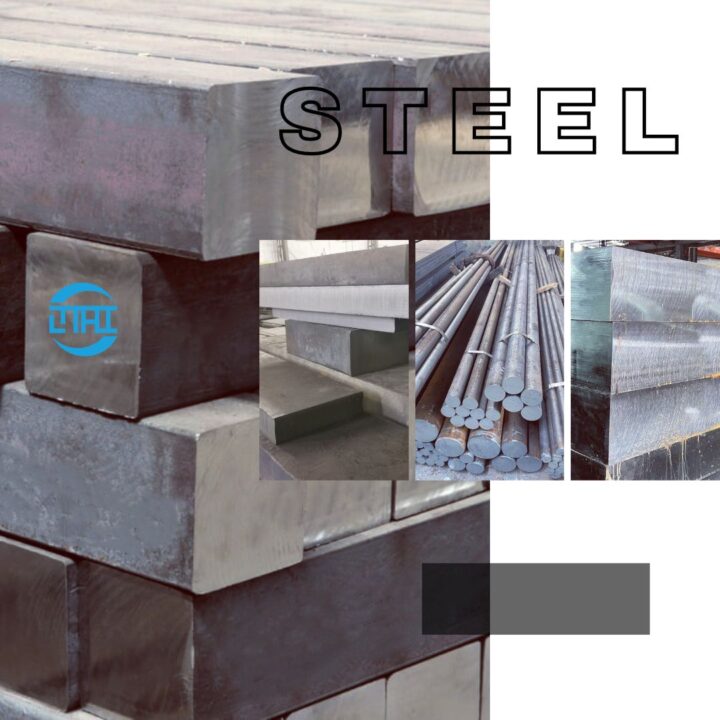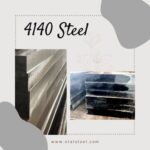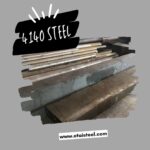The mechanical properties of 4140 steel are affected by many factors, including:
- Chemical composition: The chemical composition of 4140 steel will have a significant effect on its mechanical properties. In particular the content of carbon, chromium, molybdenum and other alloying elements.
- Heat treatment: Heat treatment of 4140 steel can have a significant effect on its mechanical properties. Heat treatment will affect the hardness, strength and toughness of steel.
- Cooling rate: The cooling rate of steel during quenching has a significant effect on its mechanical properties.
- Microstructure: The microstructure of 4140 steel, including the size and distribution of grain and phase, has a significant influence on its properties.
- Machining Method: The machining method used to produce 4140 steel will have a significant impact on its mechanical properties. Such as hot rolling or cold drawing.
- Processing conditions: 4140 steel’s mechanical properties will be affected by the processing conditions it undergoes. Such as tension, compression, or torsion.
- Temperature: The temperature at which steel is used has a significant effect on its mechanical properties. Temperature affects strength, toughness and ductility.
- Surface condition: The surface condition of steel, such as cracking or the presence of contaminants, can have a significant impact on its mechanical properties.
These factors must be carefully controlled and optimized to achieve the properties of 4140 steel required for specific applications.
